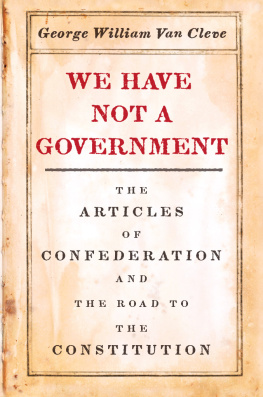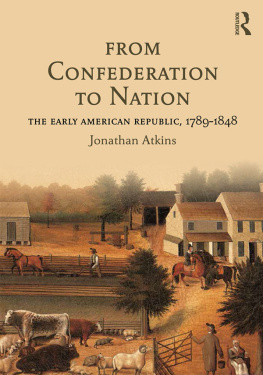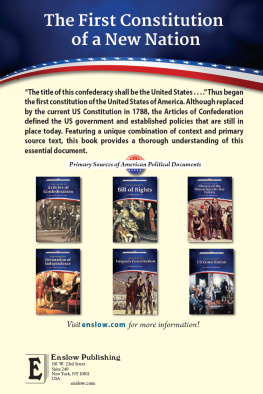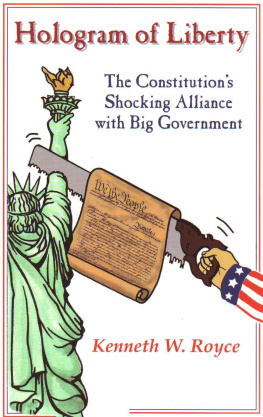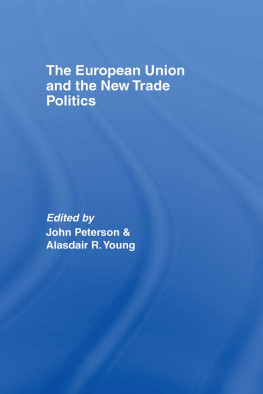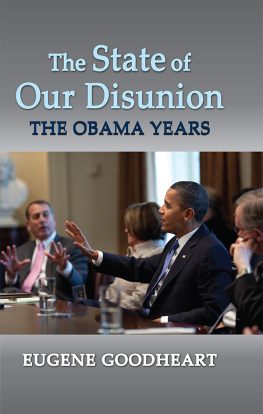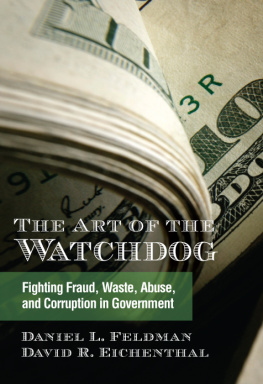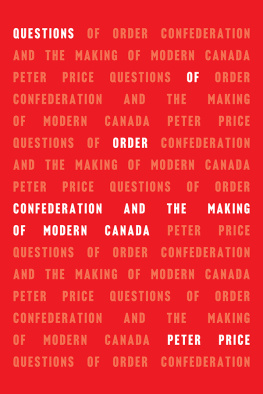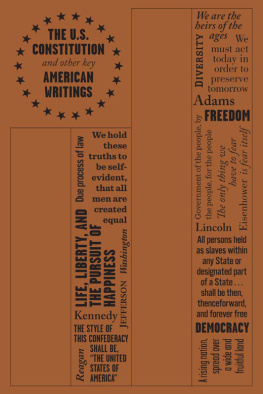Joni Doherty - A New Land Issue Guide: What Kind of Government Should We Have?
Here you can read online Joni Doherty - A New Land Issue Guide: What Kind of Government Should We Have? full text of the book (entire story) in english for free. Download pdf and epub, get meaning, cover and reviews about this ebook. year: 2015, publisher: National Issues Forums Institute, genre: Politics. Description of the work, (preface) as well as reviews are available. Best literature library LitArk.com created for fans of good reading and offers a wide selection of genres:
Romance novel
Science fiction
Adventure
Detective
Science
History
Home and family
Prose
Art
Politics
Computer
Non-fiction
Religion
Business
Children
Humor
Choose a favorite category and find really read worthwhile books. Enjoy immersion in the world of imagination, feel the emotions of the characters or learn something new for yourself, make an fascinating discovery.

- Book:A New Land Issue Guide: What Kind of Government Should We Have?
- Author:
- Publisher:National Issues Forums Institute
- Genre:
- Year:2015
- Rating:4 / 5
- Favourites:Add to favourites
- Your mark:
A New Land Issue Guide: What Kind of Government Should We Have?: summary, description and annotation
We offer to read an annotation, description, summary or preface (depends on what the author of the book "A New Land Issue Guide: What Kind of Government Should We Have?" wrote himself). If you haven't found the necessary information about the book — write in the comments, we will try to find it.
The current state of affairs has sparked conversations in pubs and shops, town squares and farmyards. Everywhere, people are asking the same questions: What should we do? How will we survive? How can our hard-won liberty be sustained? The questions boil down to this: What kind of government should we have?
This historic decisions issue guide presents three options for deliberation:
Strengthen the Current Partnership Among Equals
The Articles of Confederation and Perpetual Union need to be amended. The current one-vote-per-state Confederation Congress assures that we are a union of equal members, but the current central government lacks the power to raise funds or make binding decisions. It needs to have the power to hold states accountable without impinging on their rights. We must figure out a workable balance that gives the central government more power and yet still respects each states autonomy.
Create a Strong Central Government
To maintain our independence, we must ensure our stability. We need a strong central government to protect our liberty. Too much freedom at either the state or the personal level can be destructive. A republican form of federal government, with proportional representation from all of the states, guarantees that individual citizens will still have a say. A stronger central government in a new federal union of the states will also have the authority to safeguard our economic stability and physical security.
Let States Govern Themselves
Now that we have our liberty, we should dissolve the Confederation and let the states govern themselves as independent republics. Local governance works best. We are too economically, geographically, and culturally diverse to form one nation. Each state has its own traditions of self-governance, some going back a century or more. Each has its own way of determining citizenship. Weve proven we can successfully unite in the face of a common threat, and we can do it again if need be.
About National Issues Forum
The National Issues Forums (NIF) is a network of organizations that brings together citizens around the nation to talk about pressing social and political issues of the day. Thousands of community organizations, including schools, libraries, churches, civic groups, and others, have sponsored forums designed to give people a public voice in the affairs of their communities and their nation. For more information about NIF and for additional publications, see NIFs website at www.nifi.org.
Joni Doherty: author's other books
Who wrote A New Land Issue Guide: What Kind of Government Should We Have?? Find out the surname, the name of the author of the book and a list of all author's works by series.

